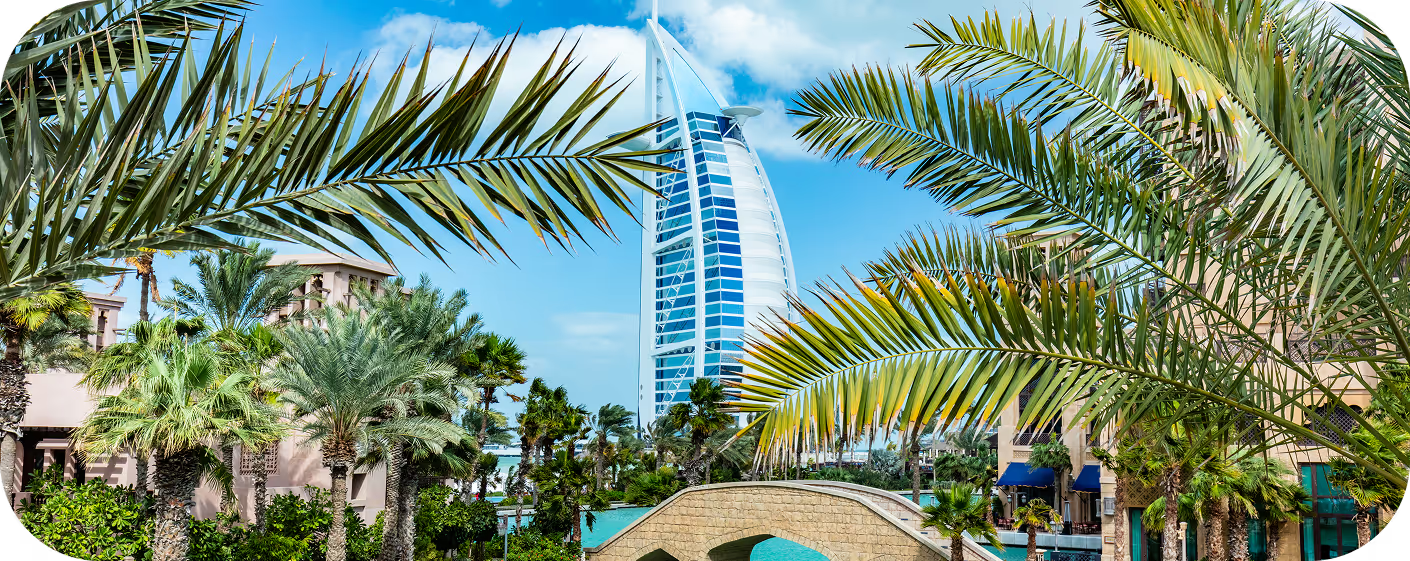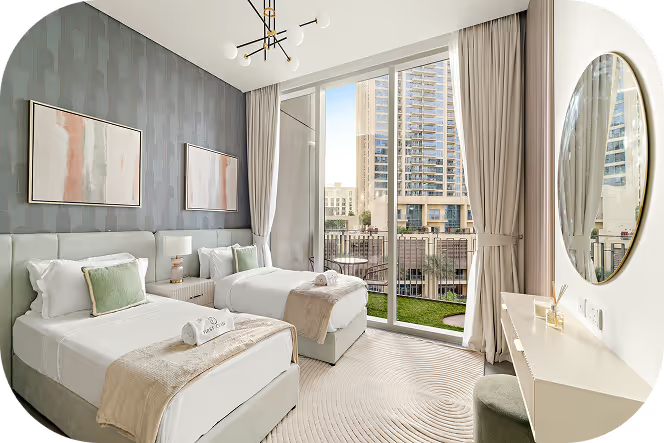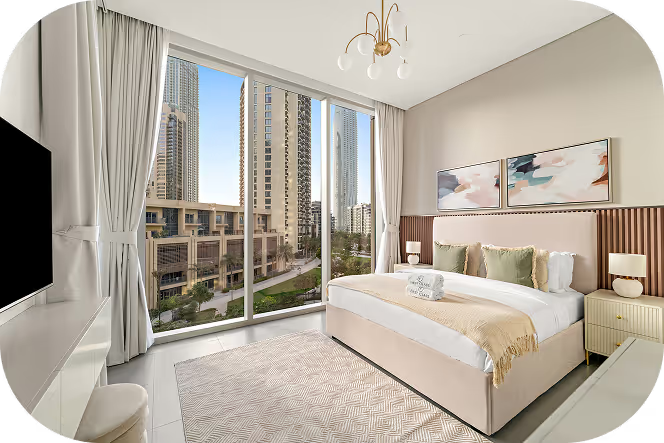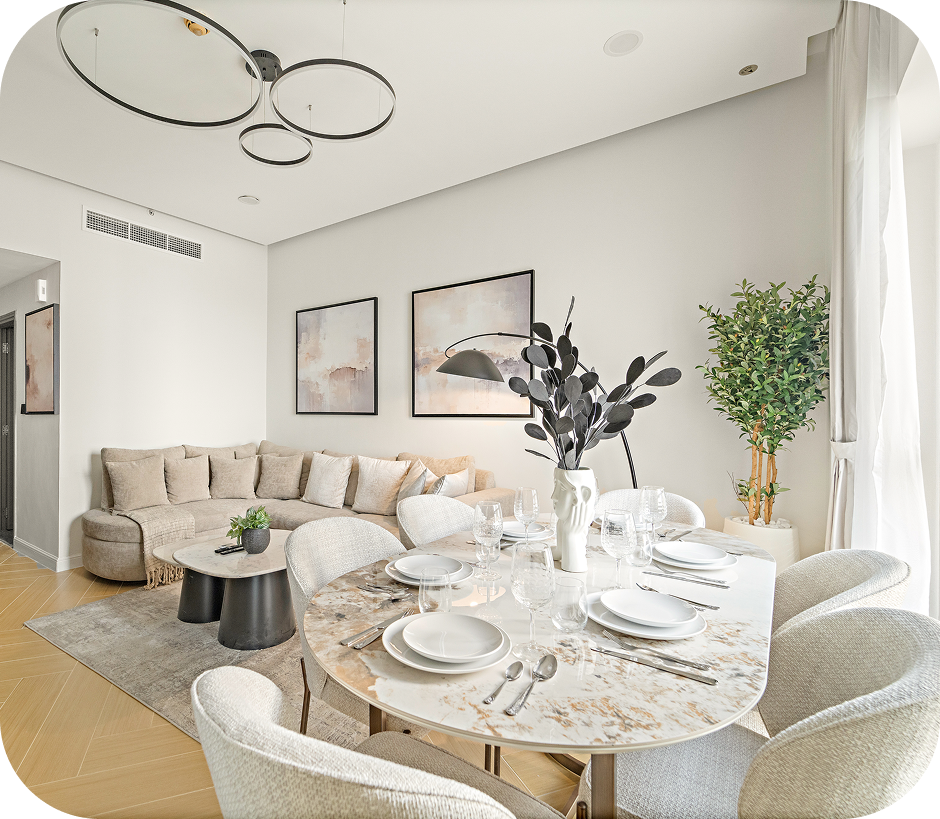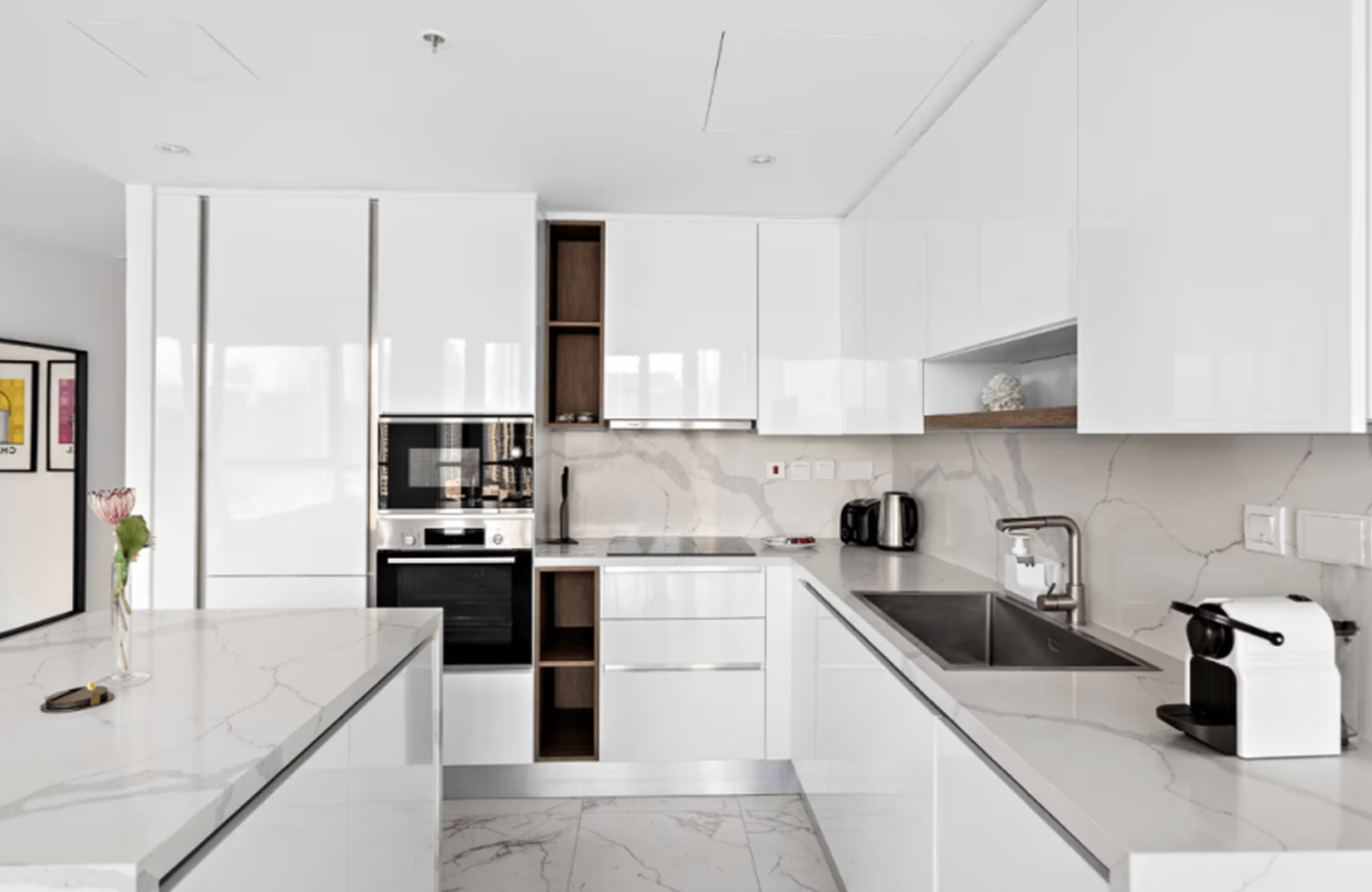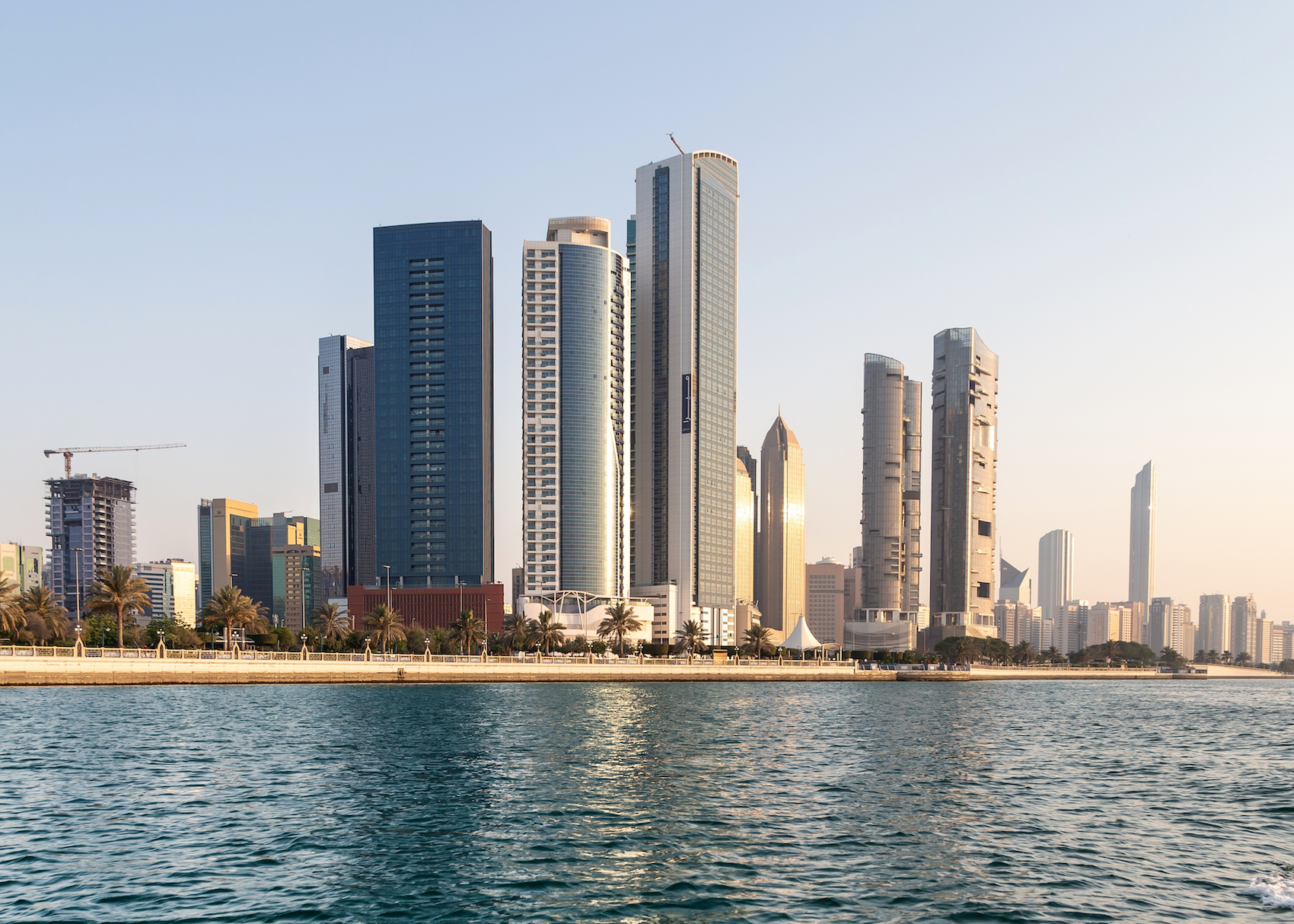1. Higher Rental Income
One of the most significant advantages of short-term rentals is their ability to generate higher revenue. Because they are priced per night or week rather than per month, you can earn significantly more than you would with a long-term lease, especially during peak seasons. Dubai's tourism industry provides a steady stream of visitors willing to pay premium rates for high-quality accommodations.
Moreover, short-term rentals allow for dynamic pricing. During major events like Expo 2020 or the Dubai Shopping Festival, you can increase your rates based on demand, maximizing your earnings.
2. Better Property Maintenance
Since short-term rentals require frequent cleaning and upkeep, your property remains in top condition. Unlike long-term leases, where tenants may neglect maintenance, short-term guests expect well-maintained spaces, which means your property gets cleaned regularly, reducing the chances of major repairs.
Additionally, routine inspections after each guest's stay help you address minor issues before they escalate into costly repairs.
3. More Flexibility and Control
With short-term rentals, you have the flexibility to decide when your property is available for rent. This is ideal if you plan to use the property yourself or make adjustments based on market demand. You also have more control over tenant selection, ensuring a better experience for both you and your guests.
Furthermore, short-term rental agreements are easier to manage and modify compared to long-term leases, allowing you to adapt to changing market conditions.
4. Lower Risk of Problematic Tenants
Long-term leases can sometimes lead to problematic tenants who refuse to pay rent or damage property. Short-term rentals eliminate this risk since guests stay for a limited period and pay upfront. Additionally, platforms like Airbnb and Booking.com provide screening and review systems, making it easier to host responsible guests.
Avoiding prolonged tenancy agreements reduces the risk of legal disputes and lengthy eviction processes.















